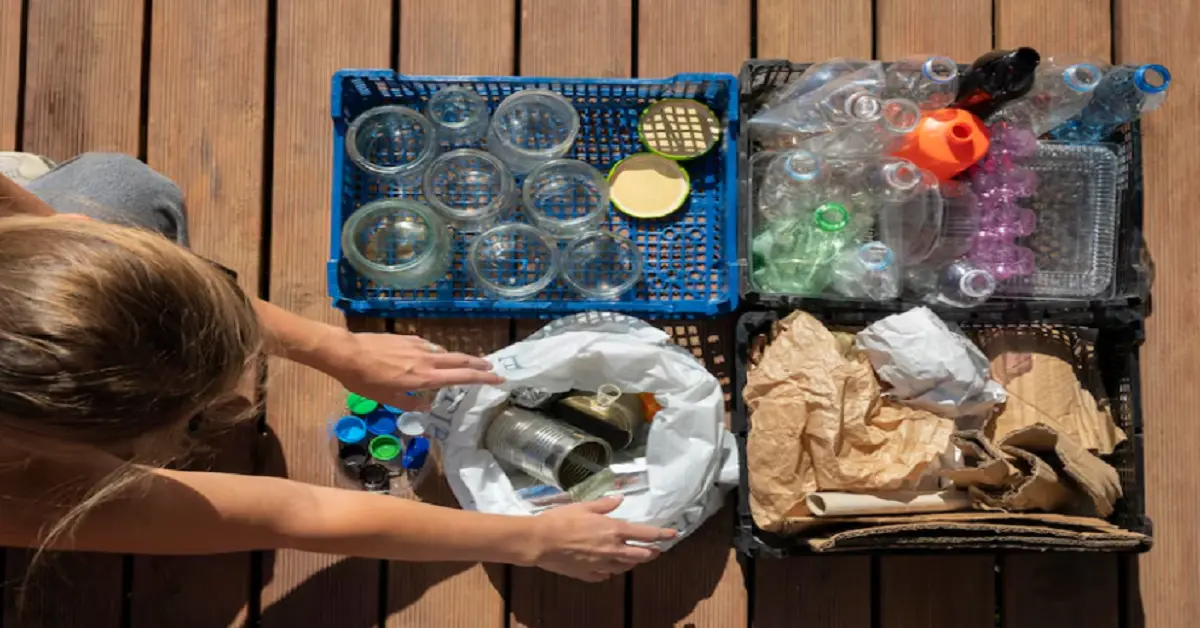From Waste to Resource: Optimizing Waste Management Practices

In an era where sustainability has become a global priority, the traditional view of waste as an unwanted byproduct is rapidly shifting. Today, innovative waste management practices are uncovering the potential of waste as a resource, offering environmental, economic, and societal benefits. This comprehensive guide explores how optimizing waste management practices can turn waste streams into valuable resources, propelling us towards a more sustainable and efficient future.
Rethinking Waste Management
The foundation of transforming waste into a resource lies in rethinking our approach to waste management. Instead of the linear “take-make-dispose” model, the focus is shifting towards a circular economy, where products are designed to be reused, refurbished, remanufactured, and recycled.
1. The Circular Economy Model
The circular economy model emphasizes keeping resources in use for as long as possible, extracting maximum value while in use, and recovering and regenerating products and materials at the end of their life cycle. This model not only reduces waste but also promotes a more sustainable form of economic growth.
2. Integrated Waste Management
Integrated Waste Management (IWM) is a comprehensive approach that combines several waste management methods, including reduction, reuse, recycling, composting, and energy recovery, tailored to local conditions and needs. By implementing an IWM strategy, communities and businesses can significantly reduce their environmental footprint and turn waste into a resource.
Strategies for Optimizing Waste Management
Optimizing waste management involves several key strategies aimed at minimizing waste generation and maximizing resource recovery.
Waste Reduction at the Source
- Product Design: Designing products with sustainability in mind, such as using recyclable materials and minimizing packaging, can significantly reduce waste.
- Consumer Awareness: Educating consumers about the environmental impact of their purchases and promoting minimalistic consumption habits can lead to reduced waste generation.
Maximizing Reuse and Recycling
- Collection and Sorting Systems: Efficient collection and sorting systems are crucial for separating recyclable materials from waste streams.
- Innovative Recycling Technologies: Advances in recycling technologies have made it possible to recycle a wider range of materials more efficiently, including plastics, electronics, and construction debris.
Recovery of Energy from Waste
Waste-to-energy technologies, such as anaerobic digestion and incineration with energy recovery, offer ways to extract valuable energy from waste materials that cannot be economically recycled.
- Anaerobic Digestion: This process converts organic waste into biogas, which can be used for heating, electricity generation, or as a transport fuel.
- Incineration with Energy Recovery: Incinerating non-recyclable waste can produce heat and electricity, contributing to energy supply while reducing waste volume.
Partnering with Green Garbage Disposal Services
Selecting an eco-friendly garbage removal service is vital for optimizing waste management. These services offer more than just trash collection; they focus on waste reduction through recycling and composting, helping businesses and communities achieve sustainability goals, move toward zero waste, and contribute to the circular economy.
Composting and Biological Treatment
Composting organic waste transforms it into nutrient-rich soil conditioner, promoting sustainable agriculture and reducing the need for chemical fertilizers.
Challenges and Opportunities
While the transition from waste management to resource optimization presents challenges, including technological limitations, financial constraints, and the need for consumer behavior change, it also offers immense opportunities.
- Innovation and Investment: There is a growing need for investment in new technologies and infrastructure capable of supporting circular economy principles.
- Policy and Regulation: Governments play a crucial role in facilitating waste optimization through policies, incentives, and regulations that encourage waste reduction, recycling, and energy recovery.
The Future of Waste Management
The future of waste management lies in recognizing waste as a valuable resource that can contribute to environmental sustainability, economic growth, and social development. By adopting and optimizing waste management practices that emphasize resource recovery, we can make significant strides towards a circular economy, reducing our environmental impact and creating a more sustainable world for future generations.
Conclusion
Optimizing waste management practices offers a path towards transforming waste from a problem into a resource. By rethinking waste management through the lens of a circular economy, integrating comprehensive waste management strategies, and leveraging technology and innovation, we can unlock the full potential of waste as a valuable asset. This shift not only contributes to environmental sustainability but also opens up new economic opportunities and enhances societal well-being, marking a critical step forward in our global sustainability journey.
Read More: Nexar
[…] calculate, analyze, and interpret digital ratios. Whether you’re a business owner looking to optimize performance or an individual seeking to manage personal finances better, embraceratio.net provides the tools needed to make informed […]